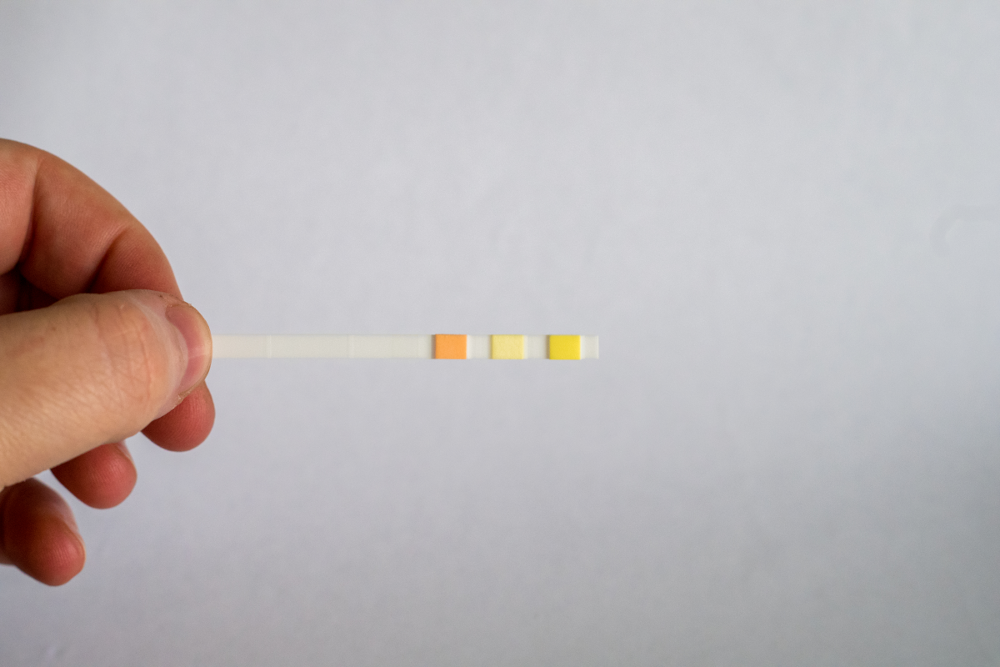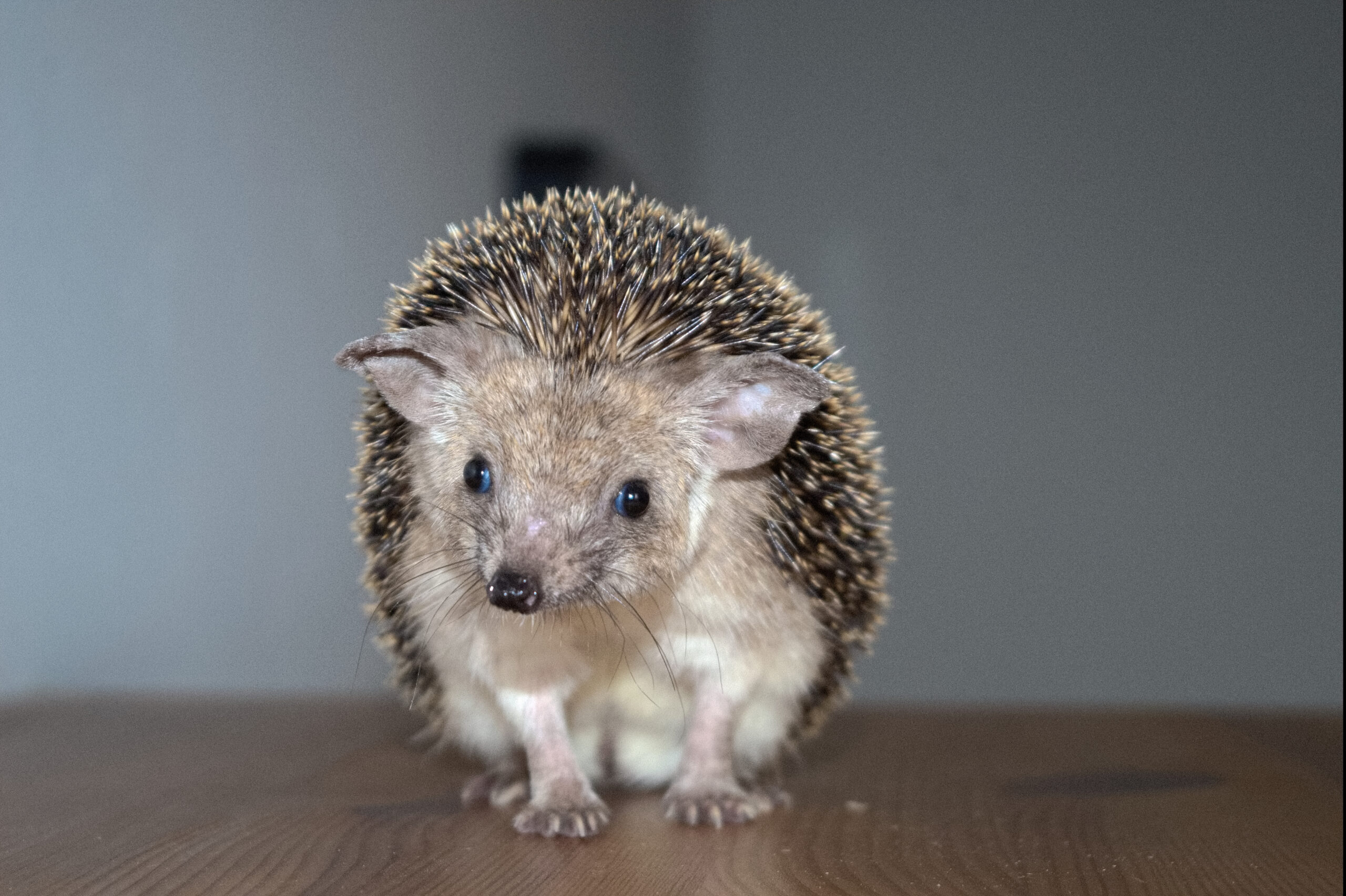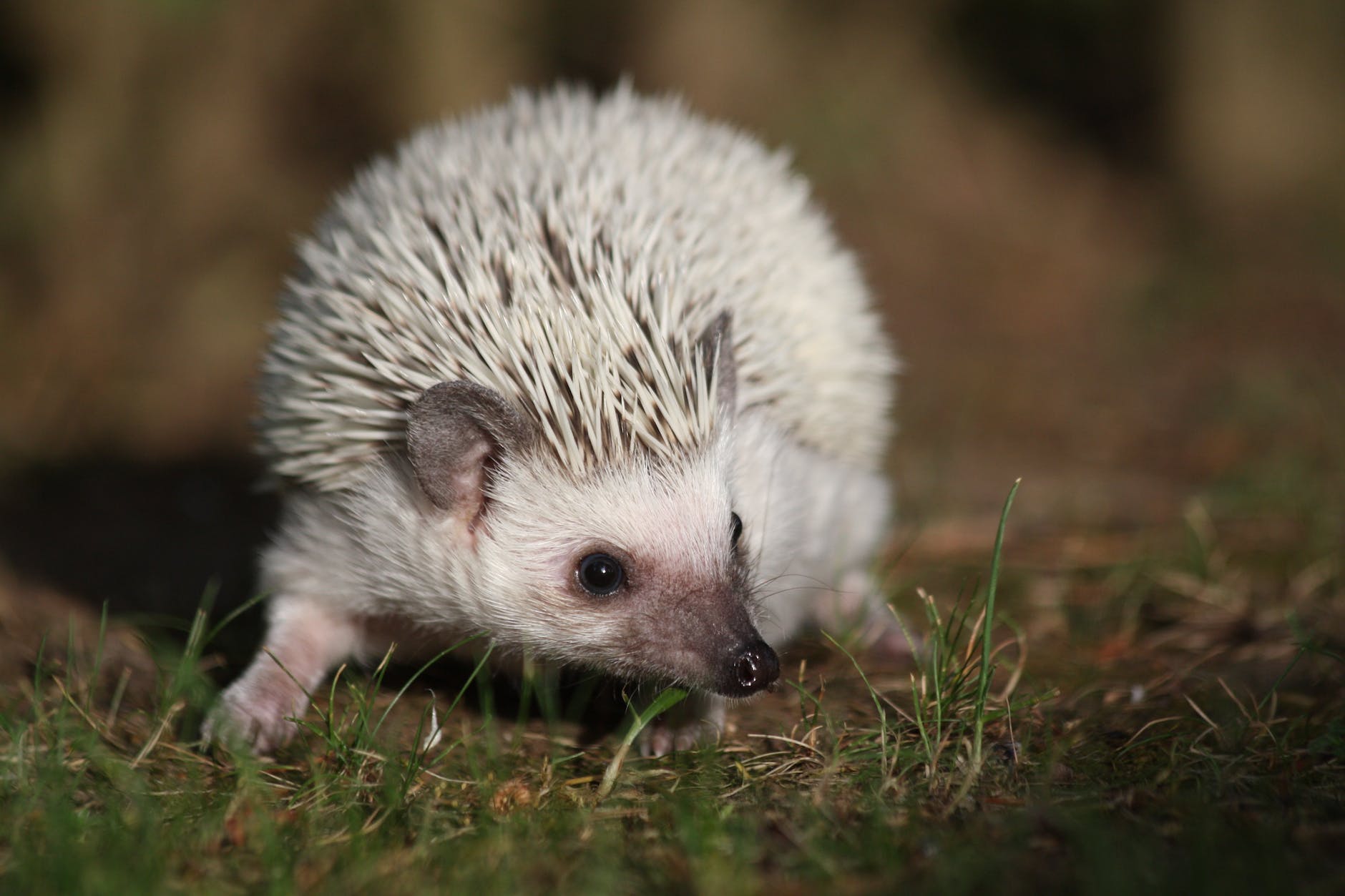Diabetes mellitus and captive hedgehogs
Diabetes is quite common in hedgehogs, although it is a diagnosis that is often overlooked. A clear indication is when a hedgehog drinks a lot, but there are more signals. Diabetes can be genetically predisposed or caused by poor dietary habits. Hedgehogs that are overweight are more likely to develop diabetes. Diabetes mellitus, or type 2 diabetes, is the most common type in hedgehogs.
What is diabetes?
Diabetes is also called diabetes mellitus. It is a disease in which the body can no longer keep the blood sugar level in balance. Insulin is a natural substance that regulates blood sugar, but in diabetes the body has too little of this, it no longer responds well to the insulin or the body does not produce any insulin at all.
The cause of Diabetes is not always clear: sometimes there is a hereditary predisposition, sometimes it is due to obesity and the body is less sensitive to insulin. Yet there are also apparently healthy animals that develop diabetes.
Symptoms
The following symptoms are characteristic of type 2 diabetes:
- Drink a lot
- Pee a lot
- Lethargy
- Weight loss (onset diabetes)
- Weight gain (increasing diabetes)
- Recurrent infections, such as cystitis or uterine infection
Hedgehogs who are pregnant may experience problems related to the reproductive system:
- Uterine inflammation
- Nipple congestion/infections
- Little or no active milk production
- Underdeveloped embryos resulting in miscarriages
- Stillborn young
- Young born with severe developmental delay
Long-term untreated diabetes can lead to permanent damage to the heart, eyes, kidneys and paws.
Diagnosis and treatment
Diabetes can be tested for protein, glucose, and pH through urine or through a blood test. The last option is often the most accurate.
After the diagnosis of diabetes has been made, a treatment plan can be developed. Diabetes is sometimes reversible, but often not and then a long-term plan can come in handy. First of all, the diet is considered. A cat food especially for diabetic cats is best suited. Avoid all fruits and vegetables that naturally contain a lot of sugars. Meat and insects can be safely fed, but make sure that the hedgehog does not become overweight or develops even more overweight. This will only amplify the complaints. An overweight hedgehog is better off on a strict diet to lose weight. In addition, the vet can propose a treatment of (holistic) insulin.
Weekly urine testing is an absolute must in hedgehogs with diabetes to continue to monitor the glocuse, protein and pH value in the urine. Tests for this can be ordered by the vet (Rocher Combur 3 test for example). These tests are not intended for diagnosis, but give a good indication of the urine values. Even after the hedgehog has stable values, regular testing will have to be carried out to keep the diabetes under control.


Most vets and breeders that test Diabetes in hedgehogs before breeding them, use the Roche Combur 3 test, as they test the pH, protein and glucose levels in urine. The bottle comes with a color indicator.
Natural values
There are several studies on the serum biochemistry profiles of wild African pygmy hedgehogs in Africa. These studies are missing in other exotic hedgehogs, why below are the natural values of a healthy African pygmy hedgehog. The value for protein below only applies to blood tests, for urine tests it should preferably be 0.
Male hedgehogs:
- Protein (g/dl): 4.58-6.78
- Glucose (g/dL): 71-119
- pH: 7-7.5
Female hedgehogs:
- Protein (g/dl): 5.08-6.80
- Glucose (g/dl): 69-125
- pH: 7-7.5
With glucose values above 100 g/dL, it is always recommended to do a blood test and possibly adjust the treatment with (holistic) insulin. Above 100 g/dL can also be measured after the hedgehog has just eaten, then it is better to test again a few hours later.
Protein is measured to gauge any kidney damage. If there is more than 0 protein in the urine, this may indicate kidney damage. This is different for blood tests, the above values may be adhered to.
The pH value of urine says a lot about the general health of an animal. A normal pH for a hedgehog is between 7 and 7.5. Too low or too high a pH can lead to health problems such as chronic pain, gout, muscle and joint pain, skin, hair and nail complaints, and fatigue.
Article by Judith Dunkirk.




